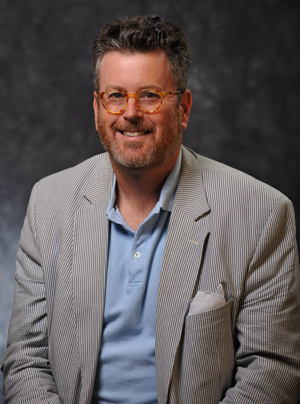 Michael Desch
Michael Desch
As the Islamic State extremist group, commonly referred to as ISIS, shocks the world with its brutality and takes control of more territory in the region, Michael Desch, professor and chair of political science at the University of Notre Dame, says the U.S. should take ISIS seriously and stop its progess, but not panic.
“ISIS is a serious local threat in Syria and Iraq, but does not yet pose a direct threat to the United States,” says Desch, an expert on international security and American foreign and defense policies. “While the presence of Western nationals in their ranks is worrisome, they have the greatest potential to do mischief in the weak states in the region, two of which we have created in Syria and Iraq with ill-advised policies.”
Air strikes against ISIS are necessary, according to Desch.
“I think using air power and drones to degrade the military capability of ISIS is prudent,” he says. “On the other hand, they are a self-limiting problem. They scare local actors who will eventually be able to oppose them. We can count on the Iraqi Kurdish Pesh Merga and the central government in Baghdad to contain ISIS on the ground in Iraq. In Syria, only Bashar al-Assad’s forces constitute a serious bulwark against them, and so it is time to give up the goal of regime change there.
“President Obama wants to degrade the brutal ISIS forces without helping Assad, but this is a circle that can’t be squared,” Desch says. “In both Saddam Hussein’s Iraq and now Assad’s Syria, we tried to overthrow brutal dictators only to find that their replacements were even worse. ISIS is far more of a threat than Assad, and if attacking the former bolsters the latter, so be it.”
Desch says ISIS has capitalized on the weaknesses of other armed opposition.
“They took advantage of Sunni discontent with the Shia-dominated Iraqi government in Baghdad and the weakness of the Iraqi Army,” Desch says. “They have had gaudy success in the Sunni region of Iraq, but I doubt they will ever be able to move beyond that to the Shia heartland or Kurdistan."
Contact: Michael Desch, 574-631-2792, mdesch@nd.edu